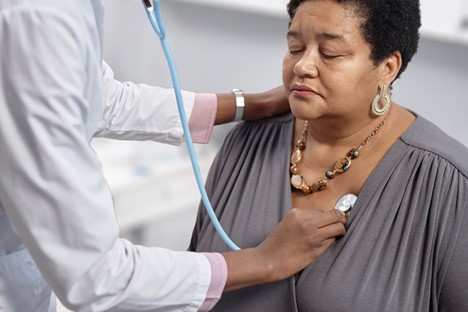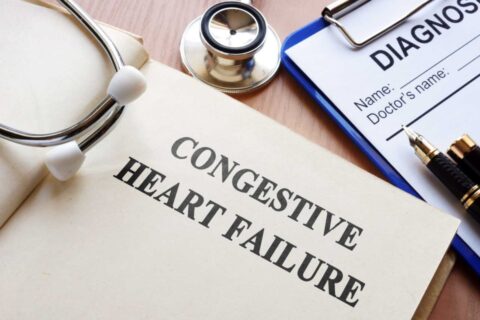Heart Disease in Women: Unique Challenges and Solutions

Heart disease is the leading cause of death for women in the United States, yet it often goes unnoticed or misunderstood. Despite its prevalence, heart disease in women poses unique challenges, risk factors, and symptoms compared to men. That’s why awareness and education are critical. In this blog, Complete Cardiology Care’s specialists have outlined what women need to know about heart disease, including its symptoms, diagnosis challenges, and prevention strategies.
Understanding Heart Disease
Heart disease isn’t just one condition. It encompasses many heart-related problems. According to the CDC, nearly one in every five deaths among women in the U.S. is due to heart disease. The most common types include:
- Coronary Artery Disease – This is caused by blocked or narrowed blood vessels.
- Heart Failure – Heart failure occurs when the heart struggles to pump blood effectively.
- Arrhythmias – Irregular heartbeats disrupt normal heart function.
Unique Risk Factors for Women
Women have unique heart disease risk factors, such as:
- Hormonal Influences – Estrogen can have protective effects on heart health. But as hormone levels decline during menopause, the likelihood of developing heart disease increases.
- Pregnancy-Related Conditions – Pregnancy complications significantly raise a woman’s risk of developing heart problems later in life.
- Autoimmune Disorders – Lupus, rheumatoid arthritis, and other autoimmune conditions are more common in women and can lead to inflammation that damages the heart.
What Are the Symptoms of Heart Disease in Women?
When we think of a heart attack, we often picture chest pain. But that’s not always the case for women. While chest discomfort is common, women are more likely to experience other symptoms. Ignoring them can delay critical treatment. As a result, you should act quickly if you notice the following signs of heart disease in women:
- Nausea or vomiting
- Shortness of breath
- Severe fatigue
- Discomfort in the neck, jaw, upper back, or stomach
Challenges in Diagnosis
Women may face challenges when seeking a diagnosis for heart conditions. One of the main reasons for that is a misinterpretation of symptoms. Signs of heart disease in women are sometimes dismissed as anxiety or digestive issues, further delaying proper treatment. There’s also gender bias in medical research. Historically, heart disease studies have focused on men. This has led to a lack of data on how the disease presents in women. If you suspect you’re suffering from heart disease or failure, seek professional care and be thorough in your explanation of symptoms.
How to Prevent Heart Disease in Women
Regular check-ups with your doctor will help detect heart disease risk factors like high blood pressure, high cholesterol, and diabetes. But before it gets to that point, you can make lifestyle choices to help prevent heart disease. We suggest:
- Diet – Opt for heart-healthy foods like fruits, vegetables, whole grains, and lean proteins. Reduce sugar, salt, and saturated fat intake.
- Exercise – You should aim for at least 150 minutes of moderate activity every week.
- Stress Management – Chronic stress can take a toll on your heart. Incorporate relaxation techniques like yoga or deep breathing into your routine.
Treatment Options
Several treatment options are available to address heart disease in women. You may benefit from:
- Medications – Prescription medications are commonly used to treat heart disease. However, some work differently in women due to variations in hormone levels and metabolism. Consult with your doctor before starting a medication program.
- Surgical Interventions – Procedures like angioplasty or bypass surgery may be necessary for some women. Individual circumstances will guide treatment decisions.
Seek Professional Care at the First Sign of Heart Disease
Heart disease in women presents unique challenges, but it’s manageable with the right resources and knowledge. Complete Cardiology Care can provide both, and we’ll prioritize your well-being. Contact us today to schedule a consultation.


